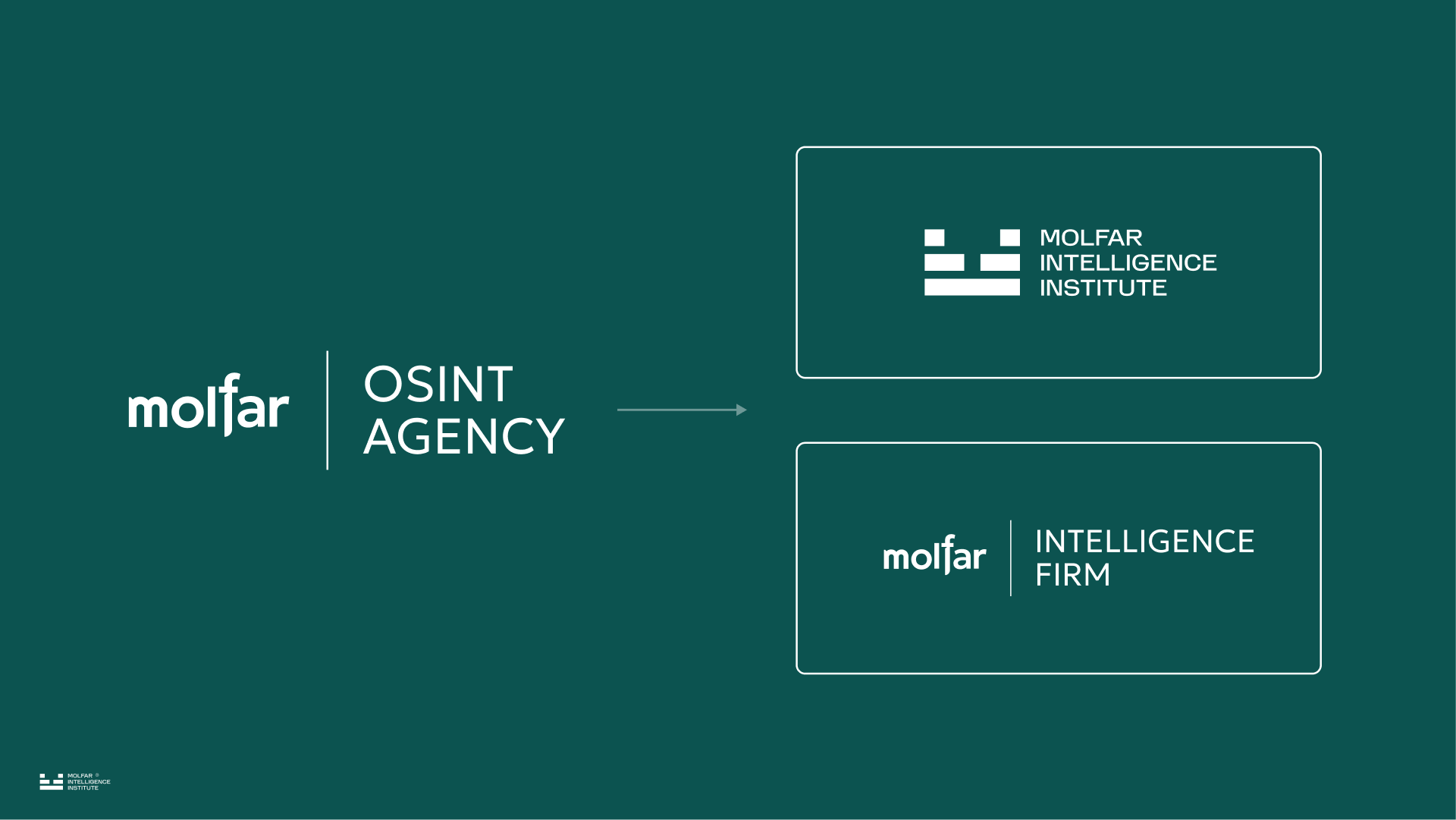Hacking is the act of gaining unauthorized access to computer systems in order to exploit weak spots. However, these skills can be useful for both criminals and cybersecurity pros. In contrast to popular beliefs, experts can use hacking skills for good, such as boosting cybersecurity through finding system vulnerabilities. Read this roadmap to ethical hacking to reveal what is meant by ethical hacking, the compensation, and how you can learn the skills needed for this profession.
What Is Ethical Hacking?
First, let's clarify who are ethical hackers and what they do to avoid confusion. Ethical hacking or white-hat hacking refers to finding vulnerabilities in systems to improve their security. Therefore, these professionals get an authorized right to hack the system to see what ill-intended people could exploit weaknesses. This work is essential in preventing cyberattacks by staying one step ahead of malicious hackers.
In summary, such pros have the necessary hacking skills but do authorized and legally justified work. Organizations often hire them to perform penetration testing, identify security flaws, and provide risk mitigation recommendations.
How Does an Ethical Hacker Differ from a Regular Hacker?
The two have entirely different goals and incentives. Malicious hackers want to penetrate the system to cause damage. One example is zero-day vulnerability schemes when criminals look for the system weaknesses before the owners can patch it. They can be motivated by funds or the desire to get public attention. In contrast, ethical hacking exists to minimize such risks for pay. Ethical hackers prevent significant harm by exposing security flaws and fixing them, such as data breaches, identity theft, or service disruptions. They also contribute to cybersecurity education, helping organizations and individuals recognize potential threats and adopt safer practices. Their work safeguards sensitive data, financial assets, and critical infrastructure, benefiting society.
Is It Legal to Be an Ethical Hacker?
Unlike malicious hackers, ethical hackers operate with explicit permission and within legal boundaries. Ethical hackers must comply with laws such as the Computer Fraud and Abuse Act in the US or equivalent legal frameworks in other countries. Professional white-hat hackers adhere to strict ethical standards, such as those defined by organizations like EC-Council or ISACA, which focus on legality.
What Do Ethical Hackers Do?
So, what does an ethical hacker do? A quick answer is activities that can be helpful in order for organizations to have more effective cybersecurity practices. Here are the main tasks performed by any white-hat hacker:
- Conduct Penetration Tests. The key method used in white-hat hacking is penetration testing. It refers to simulating cyberattacks to single out any gaps that can compromise the organization's cybersecurity.
- Test the Organization’s Protocols. Typically the company’s cybersecurity team provides their vision of what should be the best safety measures while hired hackers assess and supplement these defense barriers.
- Find Vulnerabilities. White-hat hackers conduct regular scans to identify weak points in the organization's hardware and software.
- Minimize the Attack Risks. They are providing actionable recommendations to fix vulnerabilities and strengthen the security protocols of the client.
- Monitor for Threats. New hazards emerge as malicious hackers refine their penetration strategies and attack new victims. Ethical hackers are responsible for staying up-to-date about the threats and notifying the organization they work for.
How to Become an Ethical Hacker?
Now that you know what is an ethical hacker and how it benefits the organization's cybersecurity, you might be curious how one can become such a niche professional. If you are motivated to pivot in the field, you should start with these basic skills you can hone by yourself:
- Develop expertise in networking, databases, operating systems, and programming languages such as Python, C++, or Java. Knowing how to read and write code helps you understand how systems are built and find vulnerabilities.
- Learn the basics of network protocols, firewalls, VPNs, and IDS or IPS systems. Study protocols like TCP/IP, DNS, DHCP, and routing to understand how data travels and networks work.
- Participate in bug bounty programs and capture the flag competitions to get hands-on experience in finding and exploiting system weaknesses. For example, join a HackerOne community to take part in bounty hunts and challenges along with the real white-hat hackers. Positions in IT support, network administration, or cybersecurity support can be a valuable learning experience as well.
- Try to use tools like Nmap, Metasploit, Wireshark, and Burp Suite for network scanning, analysis, and exploitation. Visit Exploit Database to be aware of the latest penetration testing cases.
Hacking Education
After nailing basic IT skills and getting entry-level experience, you should get a special ethical hacking certification to deepen your knowledge. For instance:
- EC Council Certified Ethical Hacking Certification. It's an AI-powered program with 20 modules that break down the ins and outs of the for-hire hacker profession. The course provides simulations of real-life scenarios when the student should apply cybersecurity skills.
- OffSec’s Advanced Web Attacks and Exploitation. This training focuses on security testing and system penetration simulations. The course includes learning material on SSRF, JavaScript pollution, remote code execution, hijacking of the network sessions, analysis of the source code, and more.
- Complete Ethical Hacking Bootcamp. This online course is suitable even for those who only begin their path in the IT domain. It includes basic Python training with the coding exercise, bug bounty training, SQL injection breakdown, Metasploit and Nmap use case explanation, social engineering tactics and many more.
- CompTIA PenTest+. This training allows participants to practice penetration testing in different environments such as on-site, cloud and hybrid. After this course, you will be educated on how to work with malware and SQL injection.
- Computer Hacking Forensic Investigator. This training will be useful for those who want to pursue ethical hacking in the specialized domain of digital forensics. The certification is provided by the EC-Council and is suited for people who already have experience in ethical hacking or other types of IT. You will study such things as Dark Web, cloud forensics and IoT.
Ethical Hacking Salary
You may wonder what a certified ethical hacker salary can possibly be? According to the data published by the Infosec Institute, it ranges from 72,000 to 200,000 dollars. In a nutshell, ethical hacker salary depends on a few factors such as:
- The Level of Experience. Entry-level professionals or junior white-hat hackers typically earn salaries on the lower end of the spectrum. Experienced professionals, such as senior penetration testers or cybersecurity consultants, can earn even more than 200,000 dollars.
- The Certification Degree. Advanced certifications like Certified Ethical Hacker, Offensive Security Certified Professional, or Certified Information Systems Security Professional can significantly boost earning potential as they prove the knowledge level.
- The Responsibilities. Ethical hackers who take on leadership roles or additional tasks, such as managing cybersecurity teams or conducting risk assessments, often earn more.
- Your Geographic Location. Ethical hackers in tech hubs like Silicon Valley, New York, or London typically earn higher salaries than those in less tech-focused areas. The salary significantly depends on the market demand for these specialized skills.
- The Industry You Work In. In specific fields, such as financial services, healthcare, and government, employees tend to pay higher due to the sensitivity of their data. If cybersecurity is a major priority in the domain, you can expect better pay and more responsibilities.
- The Company Size. Be aware that large organizations with massive cybersecurity needs, such as multinational corporations, often offer higher salaries compared to smaller companies or startups.
What Is Ethical Hacker Salary?
The ethical hacker salary contains of a few parts: the main payment and the company bonuses. These bonuses may include performance-based incentives, profit sharing, or other perks depending on the organization. Moreover, the expert in the white-hat hacking domain can get company benefits, retirement plans, company stock options, and more.
Famous White-Hat Hackers
To achieve success in ethical hacking, you should look up to the greats. Some high-profile ethical hackers are American Chris Hadnagy, who specializes in social engineering techniques; Finnish Mikko Hypponen, who researches malware threats; and American Dan Kaminsky, who focuses on DNS attacks.
Who Is the № 1 Ethical Hacker in the World?
Arguably, American Kevin Mitnick is one of the legends in the domain. Once one of the world’s most wanted hackers, he turned his life around to become a leading white-hat hacker and cybersecurity consultant. This professional used to be a well-known malicious hacker in the 1980s-1990s and even served prison time for his crimes. However, after that, he founded Mitnick Security Consulting and authored books like The Art of Deception to raise awareness about the hacking phenomenon. Mitnick used to help companies protect their systems by simulating real-world attacks based on his life experience as an ill-intended hacker. Kevin Mitnick passed away in 2023 but remained a legend in the field due to his life story and the educational material he had produced, such as books and lectures.v
Major Cases of White-Hat Hacking
Let's unpack success stories when timely ethical hacking helped companies safeguard their data, assets, and funds. So, what is an example of an ethical hack? Here are only a few of them:
- Google Chrome Hack. Ethical hackers from VUPEN Security exploited a vulnerability in Google Chrome during the Pwn2Own hacking competition. It helped Google team to update the security protocols of the browser.
- Oracle WebLogic Server Threat. KnownSec404 helped Oracle pinpoint a major system flaw that could endanger the application if exploited.Oracle quickly addressed the issue and prevented the worst-case system penetration scenario.
- Facebook Bug. A for-hire hacker named Khalil Shreateh found a vulnerability that allowed him to post on any user's timeline, even if they weren’t friends. He reported the issue, but Facebook initially dismissed his claims. To prove his point, he posted on Mark Zuckerberg’s timeline.
- United Airlines Bug Bounty Case. Ethical hacker Jordan Wiens identified a critical security vulnerability in United Airlines’ systems that could have allowed malicious hackers to compromise flight operations. Wiens was rewarded 1 million air miles for his significant contribution to the company's safety.
- St. Jude Medical’s Equipment. Ethical hackers from MedSec and Muddy Waters exposed vulnerabilities in St. Jude Medical’s pacemakers and defibrillators, showing how hackers could manipulate the devices remotely.
Conclusion: Is White-Hat Hacking for You?
Now that you know how to ethically hack and what you can reach in this domain, you can decide whether this path is for you. If you need to boost your cybersecurity knowledge, choose an OSINT course by Molfar. It is an excellent choice for ethical hackers and people interested in corporate security to supplement their knowledge with new insights about open-source intelligence gathering.




